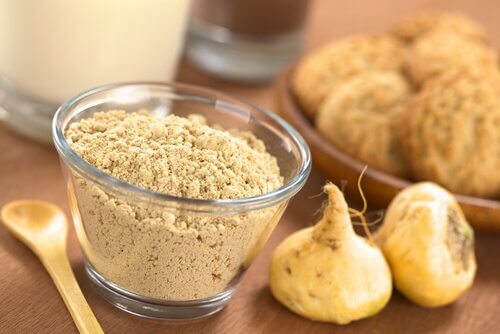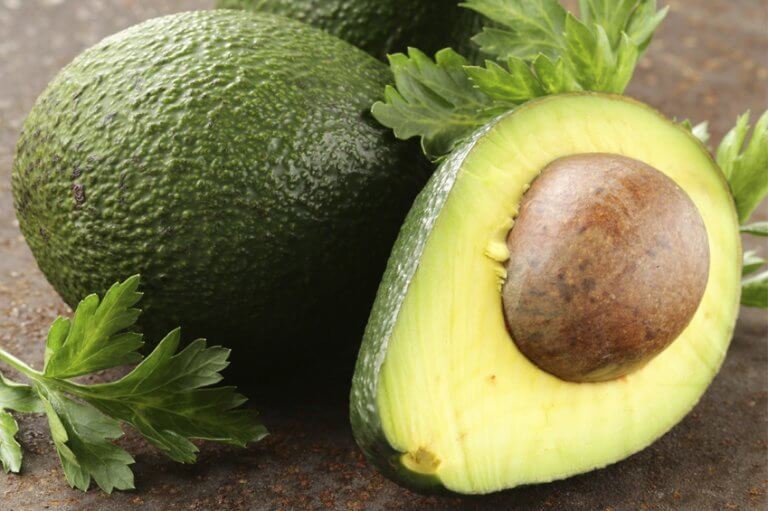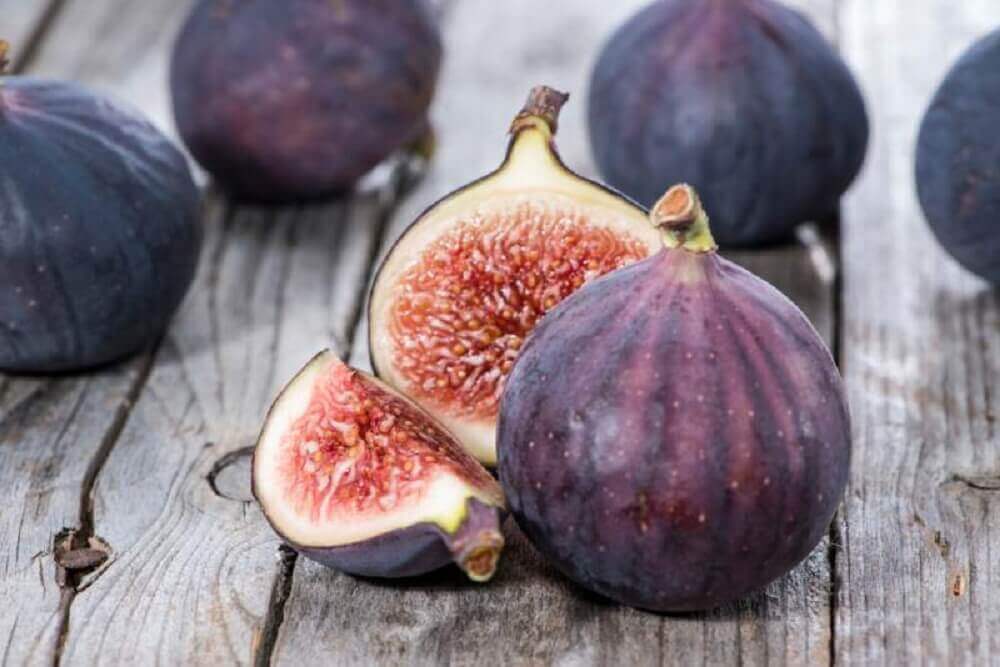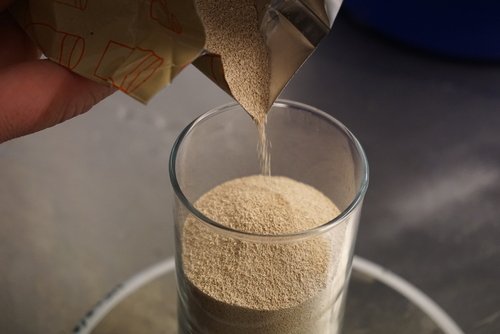Natural Remedies to Regulate Your Menstrual Cycle

Many women suffer from irregularities during their menstrual cycle. These include aches and pains before or during their periods, irregular or missing periods, heavy bleeding, etc.
In this article, we review the most effective natural remedies to regulate your menstrual cycle and improve your quality of life.
Is Period Pain Normal?
The pain that many women suffer before or during their periods is quite common. However, it’s not normal. Pain is a symptom used by our body to warn us that an organ or a system is malfunctioning.
This doesn’t necessarily imply that you may be suffering from a serious disorder. However, it’s something you should try to regulate to prevent worse consequences and improve your quality of life.
While gynecologists usually don’t offer many solutions for menstrual pain (except the contraceptive pill, which doesn’t cure the problem), there are a variety of natural remedies to treat this and other imbalances in the menstrual cycle.
By balancing your hormonal system, you’ll also notice many other health benefits you didn’t know were associated with your period.
Visit this article: Natural Remedies for Menstrual Cramps and Other Menstrual Problems
How to Regulate Your Menstrual Cycle
Below, we’ll highlight some foods, supplements, and natural remedies that regulate your hormonal system as well as your menstrual cycle.
Maca

Maca is a tuber originally from the Andes of Peru, where they eat it a lot. Maca acts as a hormonal regulator and also provides many benefits for your hair, skin, and nails.
This vegetable similar to turnip or radish is rich in amino acids, vitamins B, C, and E, and minerals such as zinc, magnesium, calcium, and iron. Overall, these properties make it an excellent choice for both menstrual cycle irregularities. Plus, it even helps with climacteric symptoms and menopause.
- You can take between 500 to 1,000 mg three times a day, either in capsules or a powder dissolved in a drink.
- Always start with small quantities, because it could cause nervousness in some cases.
Evening Primrose Oil
This is a medium-term solution for the regulation of the menstrual cycle.
Evening primrose oil helps reduce both physical and emotional bothersome symptoms experienced by women before and during their periods.
Also, evening primrose oil is very beneficial during menopause and is an excellent natural treatment for skin disorders.
Avocado

Consuming avocado helps you promote the production of progesterone. Thus, it helps you balance the excess estrogen caused by your diet, pollution, stress, or bad habits.
Figs

For women, figs have hormonal balancing effects and improve uterus and menstrual cycle irregularities.
In addition to the fruit, which we can eat fresh or dry, the leaves of the fig tree also contain plant hormones. These are very beneficial for women.
You can eat three figs a day by themselves or in combination with salads, juices, smoothies, or as a side dish.
See also: Bleeding Between Periods: What it Means
Brewer’s Yeast

- You can consume a tablespoon (8 g) of powdered brewer’s yeast mixed in with yogurt, juice, or any food.
- You can find it in tablets or as liquid yeast. Similarly, nutritional yeast is also very beneficial.
All cited sources were thoroughly reviewed by our team to ensure their quality, reliability, currency, and validity. The bibliography of this article was considered reliable and of academic or scientific accuracy.
- Baker, F. C., & Driver, H. S. (2007). Circadian rhythms, sleep, and the menstrual cycle. Sleep Medicine. https://doi.org/10.1016/j.sleep.2006.09.011
- Hawkins, S. M., & Matzuk, M. M. (2008). The menstrual cycle: Basic biology. In Annals of the New York Academy of Sciences. https://doi.org/10.1196/annals.1429.018
- Janse De Jonge, X. A. K. (2003). Effects of the menstrual cycle on exercise performance. Sports Medicine. https://doi.org/10.2165/00007256-200333110-00004
- Hausmann, M., Slabbekoorn, D., Van Goozen, S. H. M., Cohen-Kettenis, P. T., & Güntürkün, O. (2000). Sex hormones affect spatial abilities during the menstrual cycle. Behavioral Neuroscience. https://doi.org/10.1037/0735-7044.114.6.1245
This text is provided for informational purposes only and does not replace consultation with a professional. If in doubt, consult your specialist.








